Tag: financial literacy
-
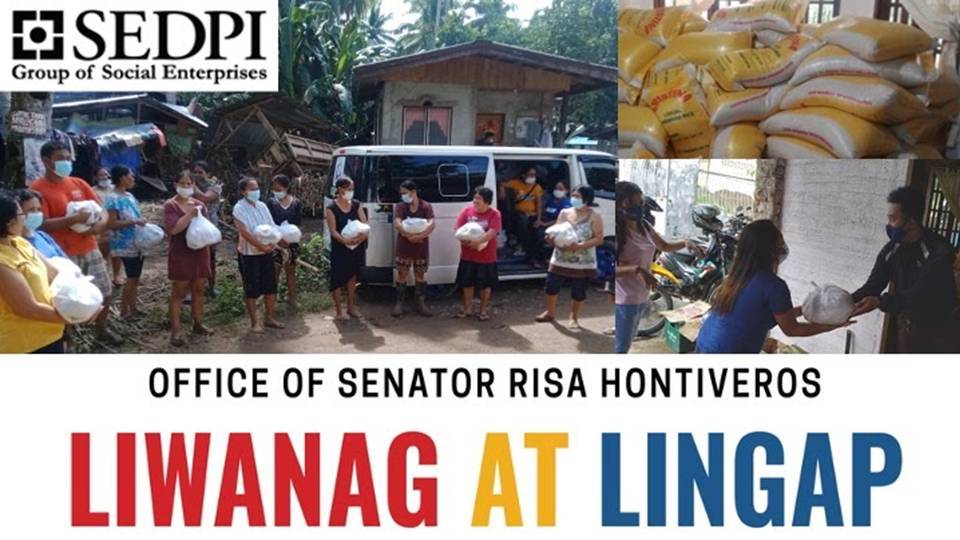
SEDPI at Opisina ni Senator Risa Hontiveros Nag-abot ng Tulong sa mga Nasalanta ng Bagyong Vicky
“Sagol nerbyos hadlok lagi kay basi manganaod kay paspas kaayo ang pag taas sa tubig og sulod kaayo.” “Magkahalong nerbyos at takot dahil baka maanod kasi mabilis ang pagtaas ng tubig at pumapasok talaga.” Ito ang naramdaman ni Roxanne Amigo habang rumaragasa ang baha na dala ng bagyong Vicky. Kasama sa binaha at na-landslide ang…
-
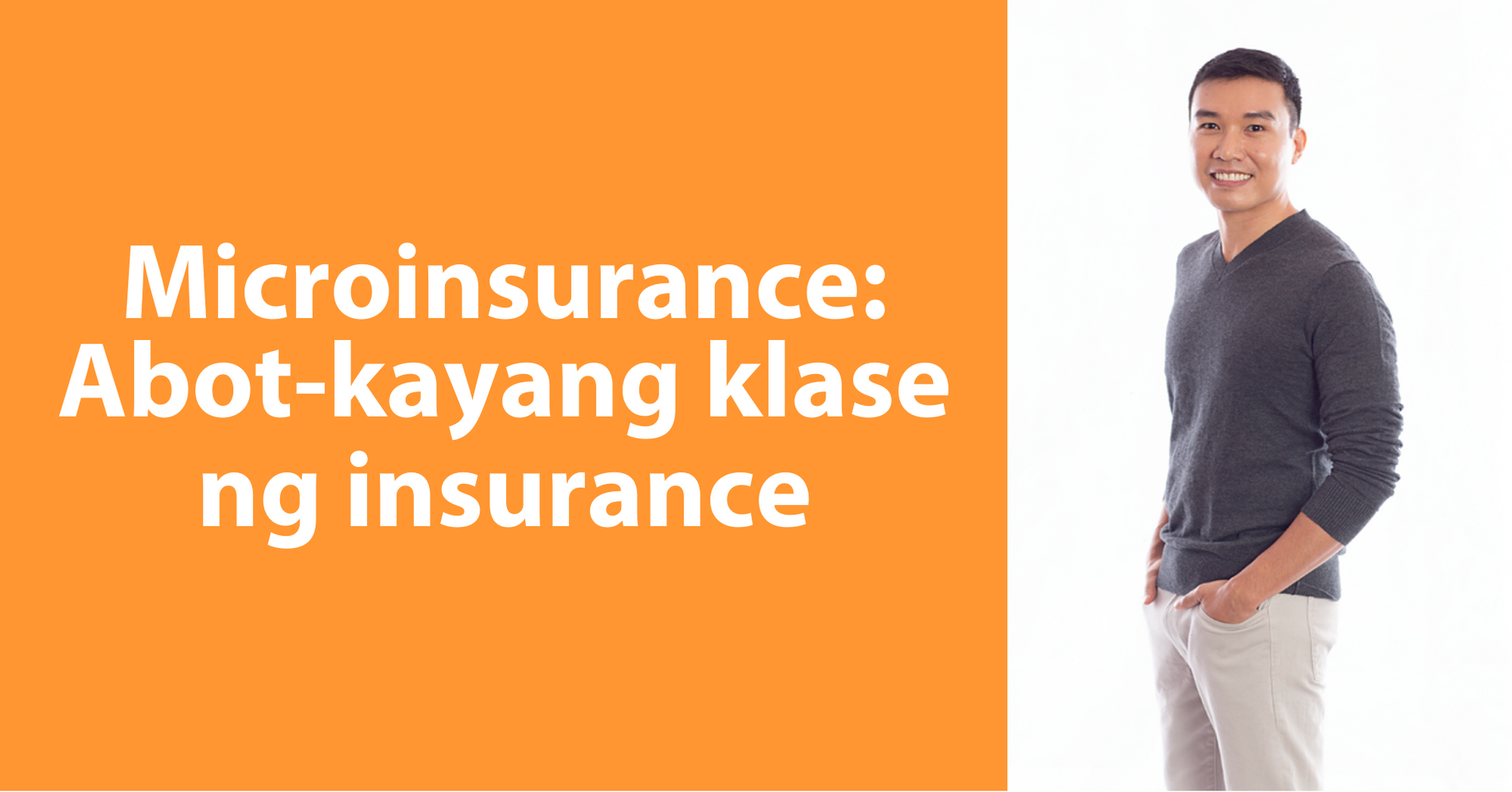
Microinsurance: Abot-kayang klase ng insurance
Pinaka-essence ng insurance ang pooling of risks over a large number of similar units such as households, persons or businesses. Inispread natin ang risk para yung financial loss ay hindi lang sa atin tatama. Insurance should not be treated as an investment Hindi dapat pinagkakakitaan ang insurance dahil hindi ito investment. Para itong bayanihan, you…
-

Forms of insurance
May apat na forms ang insurance – formal, informal, public at hybrid. Pooling of risks over a large number of similar units such as households, persons or businesses ang insurance. Inispread ang risk para ang financial loss ay hindi pasan lamang ng iisa kundi ng marami. Formal insurance Galing sa corporations and cooperatives ang formal…
-

Kinds of insurance
Pooling of risks over a large number of similar units such as households, persons or businesses ang insurance. Pinaghahati-hatian ng maraming ang risks – tulad ng kamatayan, pagkakasakit, aksidente, kalamidad – para ang financial loss ay hindi pasan lamang ng iisa kundi ng marami tao. Term insurance Upon death of the insured, may benefits paid…
-
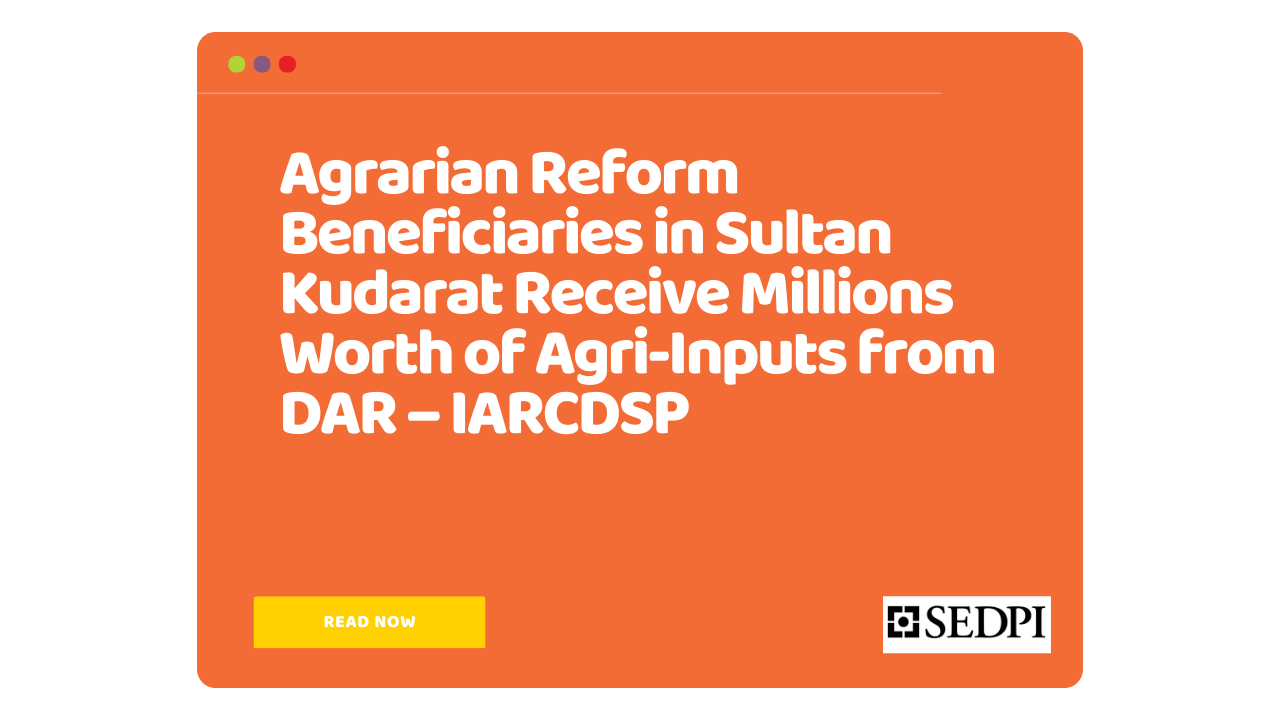
Agrarian Reform Beneficiaries in Sultan Kudarat Receive Millions Worth of Agri-Inputs from DAR – IARCDSP
Pandemic or not, farmers in Mindanao tirelessly till the soil. This is why the Department of Agrarian Reform, together with SEDPI, continue to work while majority of the population are on a standstill to bring the most awaited agri-input investments from the DAR – Italian Assistance to ARC Development Support Program (IARCDSP) to our farmers. …
-
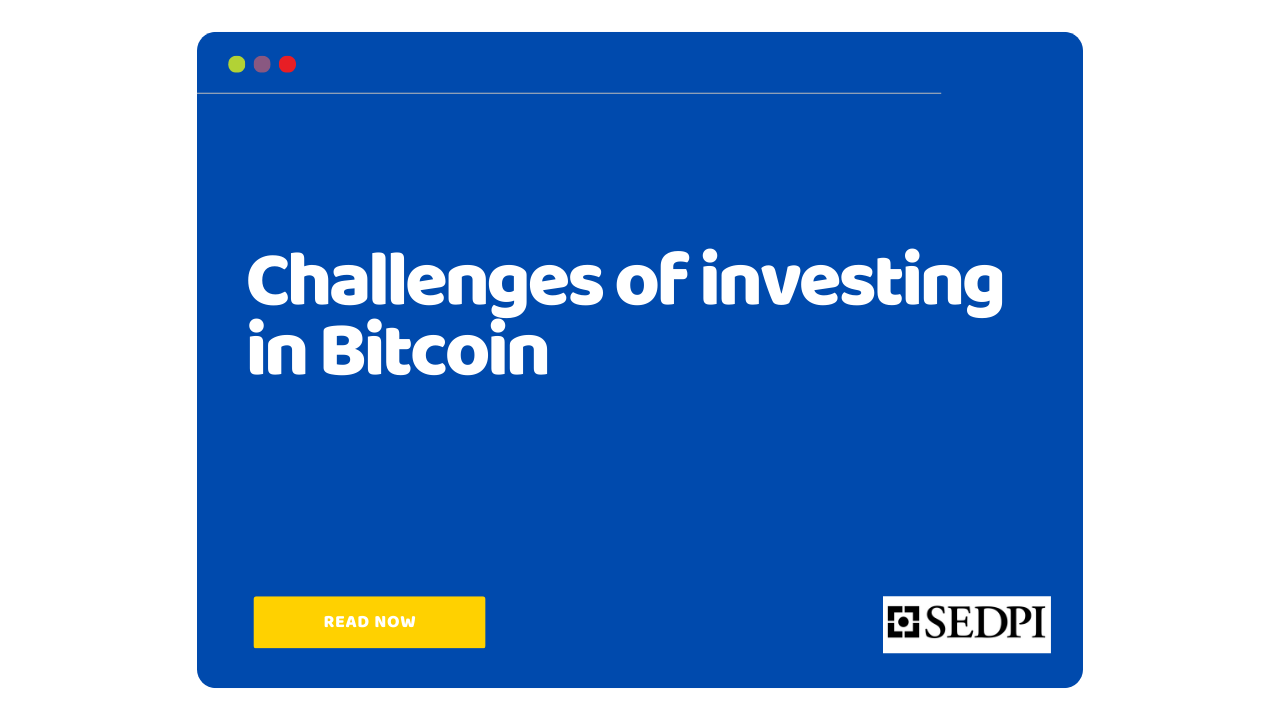
Challenges of investing in Bitcoin
Bitcoin is a digital currency that uses blockchain technology. It is located in a computer network, meaning it is only accessible through a network such as the Internet. Bitcoin is unregulated In the event of a grievance or dispute, there is no institution to turn to as the governing body of all transactions. The lack…
-

Cryptocurrencies: Where does Bitcoin come from?
Should you be investing in Bitcoin? Will it sustain its massive gains? Is it safe to invest in it? A lot of people have become curious about Bitcoin again since its perceived value is near historic highs the past month. What is Bitcoin? Bitcoin is a cryptocurrency. Other popular cryptocurrencies include Bitcoin Cash, Litecoin, Ethereum,…
-

Blockchains: Where does Bitcoin come from?
If central banks print currencies, where does Bitcoin come from? Blockchain Bitcoin enigmatically appeared in the Internet. Satoshi Nakamoto, its unknown originator, used blockchain technology in order to create Bitcoin. Blockchains are democratized “public” ledgers. Ledgers are the recordkeeping books that accountants and bookkeepers typically use. Thus, blockchains are one method of record-keeping. Because blockchain…
-
SEDPI’s Group Yearly Renewable Term Insurance
SEDPI offers Group Renewable Term Insurance (GYRT) in partnership with CLIMBS, a service more catered to common Filipino households. Term insurance provides protection against emergencies for a specific period of time. As lifetime coverage is not always needed, term insurance provides cheaper premiums with larger benefits. On average, investment-linked insurance schemes charge PhP80,000 in premiums.…
-
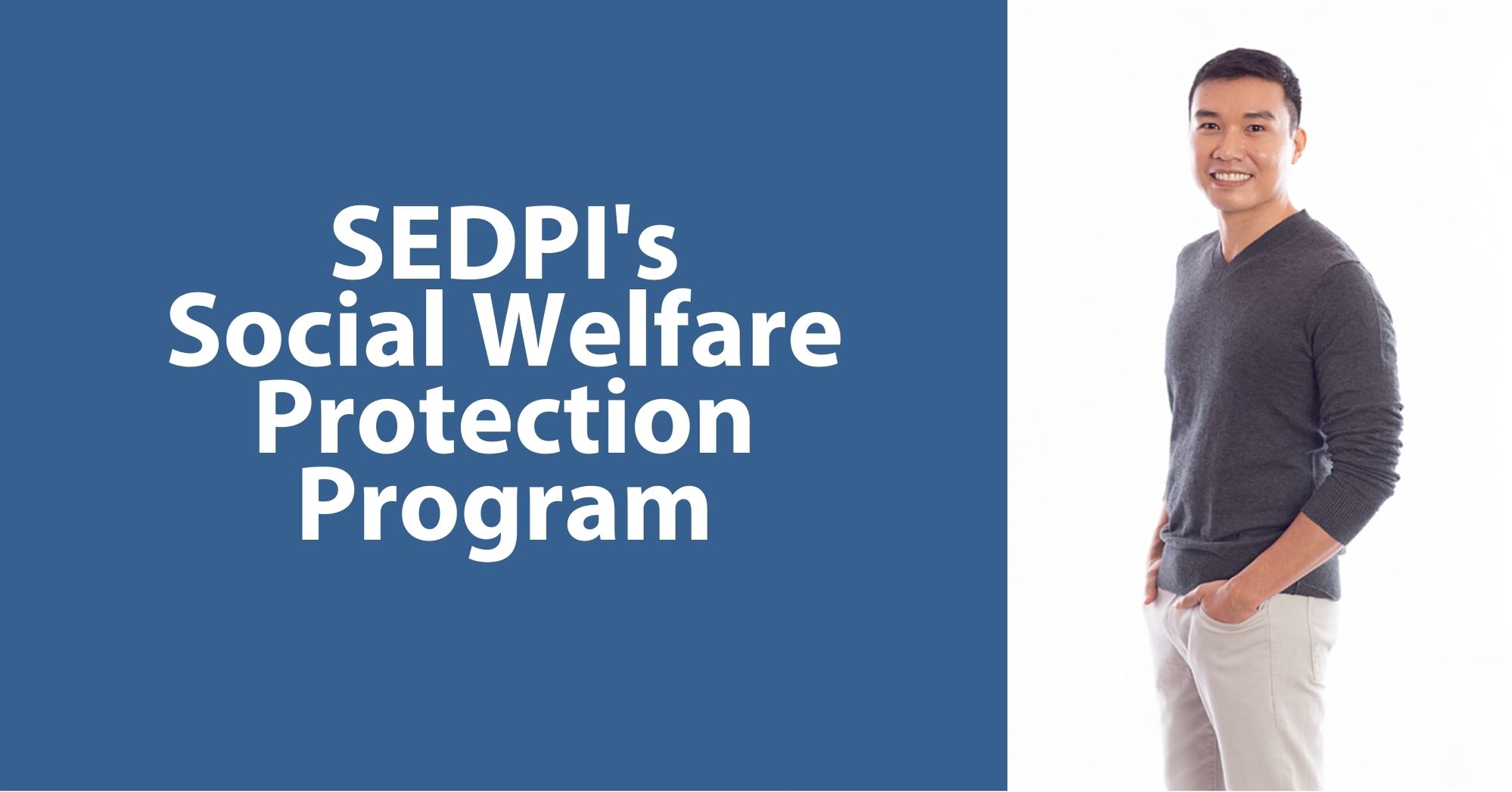
SEDPI’s Social Welfare Protection Program
SEDPI offers the Social Welfare Protection Program (SWePP), where members can avail microinsurance coverage for their families in the Philippines or themselves. SWePP is a consolidated microinsurance and social safety net program and provides security and protection to low-income SEDPI members. As a hybrid form of insurance, it adopts formal, informal, and government social insurance…